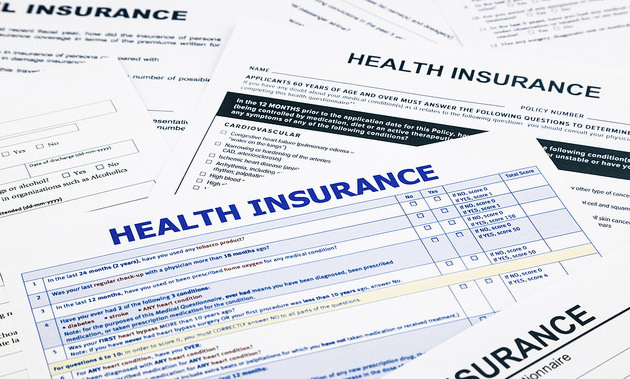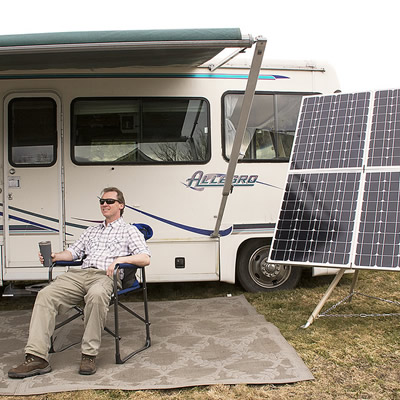Bon voyage—but be prepared
Carrying up-to-date health insurance and making sure you understand what your policy does and does not cover is crucial before you leave on a trip.

When you are planning for and eager to leave on a much-awaited trip, it’s hard to think you might encounter health problems along the way. But as some unfortunate travellers have learned, it is critical for you to have current travel health insurance and to understand what your policy does and does not cover. How do you do that when the fine print of your policy is full of hard-to-interpret, contradictory clauses? Perhaps this will help:
- Whether you are applying for a new policy or updating an existing one, check that the insurance will be in force for the full duration of your trip.
- Read that fine print—all of it—and if it’s confusing ask the broker for clarification.
- Inform the broker about any visits to your doctor and the prescriptions you’ve received since you first applied for insurance; ask him/her to update the data on your original application.
That last point cannot be stressed enough and here’s why:
Whether you have applied for insurance through BCAA or the Alberta Motor Association, or another broker, if you drill down you will find that the underwriting insurer behind the policy is one of only a few major companies—Travelers, Manulife and Great West Life being three notable ones. All underwriters have similar rules and expectations about the information you supply (or not) on the application form. Some of you may have seen documentaries, often carried by CBC, where someone failed to disclose a minor and quickly-resolved ailment for which medication was prescribed.
In one case, as a consequence of innocent non-reporting, when an Albertan patient submitted a C$100,000-plus claim for a five-day stay in an American hospital for a health problem totally unrelated to anything in her medical history, the insurer denied the claim on the basis that the couple had failed to disclose a previous doctor’s visit and prescriptions.
You may ask, What would my previous doctor’s visits for something different have to do with my claim for treatment of a leg I broke later on a Mexican beach? You are so right and the rules so unforgiving, but that’s the way it is. Better you tell the insurer everything up front and ongoing than try to fight the system just before you leave on holiday.
RVers and other travellers will find really useful information on this Government of Canada travel website. In particular, it notes that even if you’re only taking a day trip to the U.S., “you should purchase the best travel insurance you can afford before you leave Canada.”
Again, the site emphasizes it is the traveller’s responsibility to “know and understand the terms of (the) insurance policy.” Most importantly, because not all employees are as knowledgeable as they should be about the product they’re selling, whenever possible make sure they put the answers to your questions in writing—or, as travel.gc.ca advises, “The information you provide must be accurate and complete. If you have any questions about the application and your medical history, including prescription drugs, tests and other treatments, contact the insurance company and ask them to clarify the issue in writing.”
That way, if a problem does crop up down the line, you have proof that you complied with and relied upon the information given you by the insurer.
General health tips
- Take to heart the Boy Scouts’ motto: Be prepared.
- Make sure all of your vaccinations are up to date before you go.
Part of your journey may include isolated stretches of highway or boondocking in less-populated areas where help may not always be immediately available.
- Carry a well-stocked first-aid kit.
- Make sure the fire extinguisher is well within its best-before date.
- In a safe place in your RV carry photocopies (or originals where required) of your important documents—including a photocopy of your complete health insurance policy.
- In a similar safe place, take along enough of your prescription medications to last you for as long as you’re away from home.
- In a prominent place have a list of the medications you are taking, as well as back-home contact names and telephone numbers, including the name of your regular physicians.
- Leave word with loved ones or friends as to where you are going and when you expect to arrive, then check in with them once a day until you arrive safely at your destination. While that seems like overkill when things are going smoothly, it’s worth it should anything go awry.








